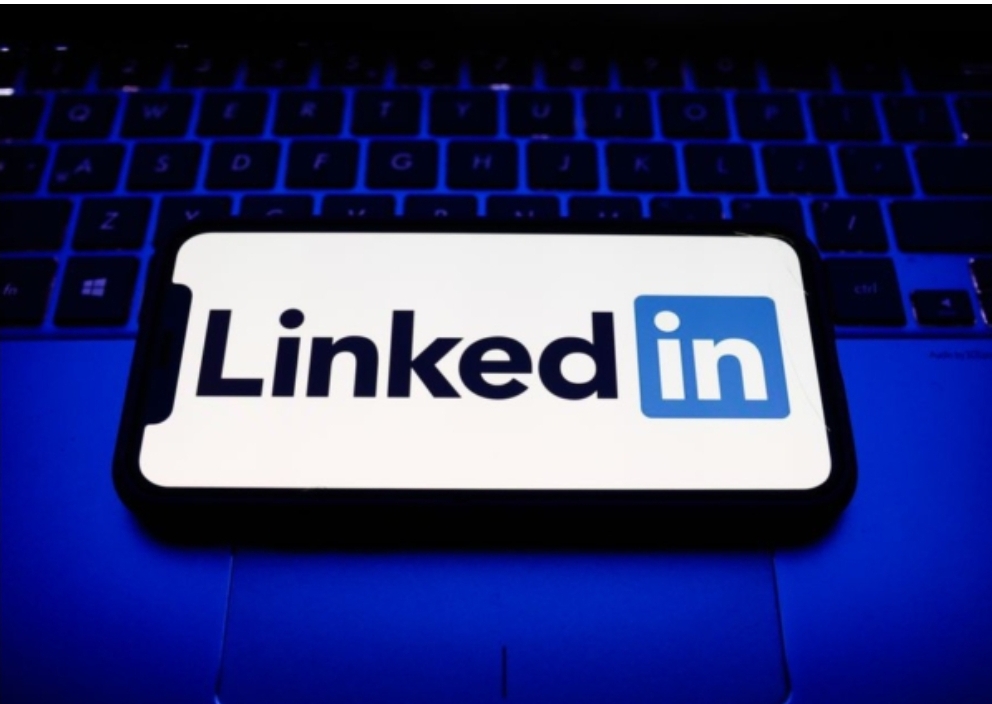LinkedIn claims it’s too boring for kids to face Australia’s new social media ban

The Australian government desires to ban kids under 16 from using social media, saying it’s to protect them from harm. Prime Minister Anthony Albanese says it’s a move to help parents worried about their kids’ safety online. While many countries are watching closely, tech companies aren’t too happy about it.
Microsoft-owned LinkedIn says it shouldn’t be part of this law because it’s “too boring” for children. The career-focused platform explained to Australian lawmakers that its content doesn’t attract kids, and it already has a minimum age limit of 16. If LinkedIn proves it doesn’t need to follow the law, it could avoid extra costs and complications like age verification systems.
The Australian government plans to pass the law soon, calling it “world-leading.” However, platforms like Meta (which owns Instagram), Google (which owns YouTube), Snapchat, TikTok, and X (formerly Twitter) are pushing back. These companies believe the law is rushed and could have unintended effects.
Meta argues that the proposed law won’t actually make things easier for parents and says it ignores advice from child safety experts. Snapchat agrees and says the bill needs more thought. TikTok, on the other hand, says it has “serious concerns” and pointed out that the law depends on unproven age-checking technology.
Even LinkedIn’s competitors think the government’s approach is flawed. TikTok’s public policy director for Australia and New Zealand, Ella Woods-Joyce, called the bill rushed and warned it could create new problems.
Some experts have also criticized how fast the government wants to pass the law. Australia’s human rights commissioner, Lorraine Findlay, called the one-day consultation window “inadequate” and said proper feedback wasn’t being taken seriously. Privacy commissioner Carly Kind added that banning kids from social media could have major privacy risks.
Despite the backlash, the Australian government is determined to pass the law before the end of the year. Other countries are keeping an eye on this too. The UK is open to similar legislation, while France already has a law blocking social media access for kids under 15 without parental consent. However, many kids in France reportedly bypass the ban using VPNs.
LinkedIn’s argument that it’s irrelevant to kids might help it escape the law altogether, avoiding expensive age-verification systems. But for now, the debate continues, with tech companies and experts questioning whether the government’s plan is truly practical.




